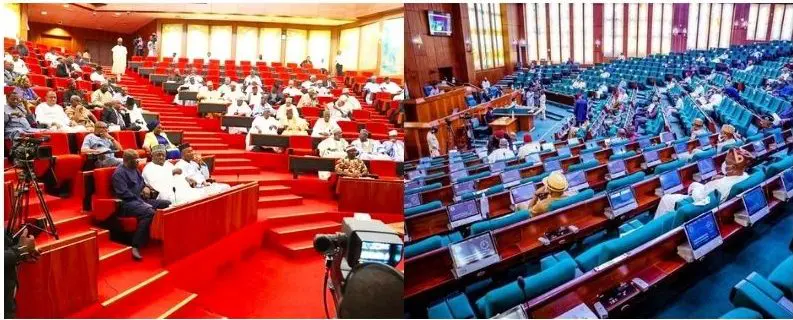The Senate has approved President Bola Tinubu’s proclamation of a state of emergency in Rivers State, invoking its constitutional powers under the amended 1999 Constitution.
This approval grants the President the authority to enforce emergency measures while ensuring a review of the situation at any time, but no later than six months.
As mandated by the Constitution, the National Assembly has established a joint committee comprising members from both chambers to oversee the administration of Rivers State during the emergency period.
Additionally, the Senate has resolved to form a mediation committee composed of eminent Nigerians to facilitate the resolution of the state’s ongoing political crisis.
The Senate’s decision follows an earlier endorsement by the House of Representatives, which voted in support of the state of emergency declaration in Rivers State.
President Tinubu’s decision—announced on Tuesday—has sparked widespread criticism and divided public opinion. The proclamation included the suspension of Governor Siminalayi Fubara, his deputy Ngozi Odu, and members of the Rivers State House of Assembly for six months amid the state’s political turmoil.
Two days after Tinubu’s declaration, the House of Representatives, in a voice vote, backed the President’s decision following a letter from him.
During Thursday’s plenary session in Abuja, presided over by Speaker Tajudeen Abbas, 240 lawmakers were in attendance as the House deliberated on the issue.
However, the House introduced amendments to the proclamation. These include the establishment of a committee of eminent Nigerians to mediate during the emergency period. The House also reaffirmed the Constitutional provision that allows the National Assembly to legislate for a state if the state assembly is unable to perform its duties—challenging Tinubu’s assertion that the Federal Executive Council (FEC) would assume this responsibility.
Furthermore, the House of Representatives emphasized that the state of emergency could be reviewed and possibly terminated at any time within the initial six-month period, depending on the progress made in restoring peace.









